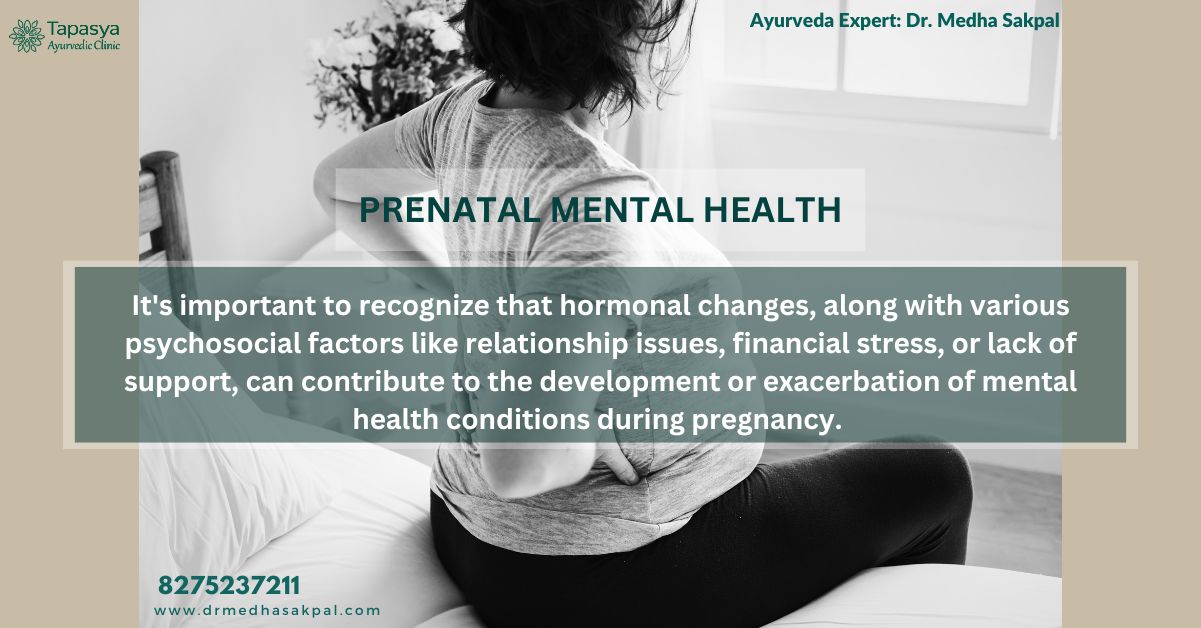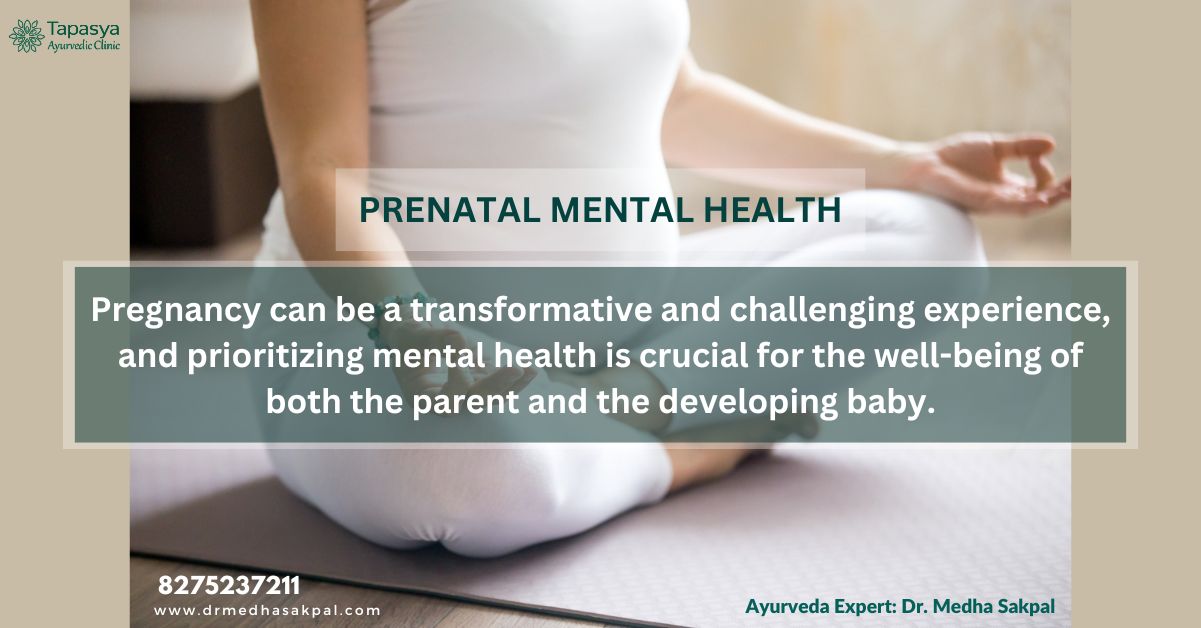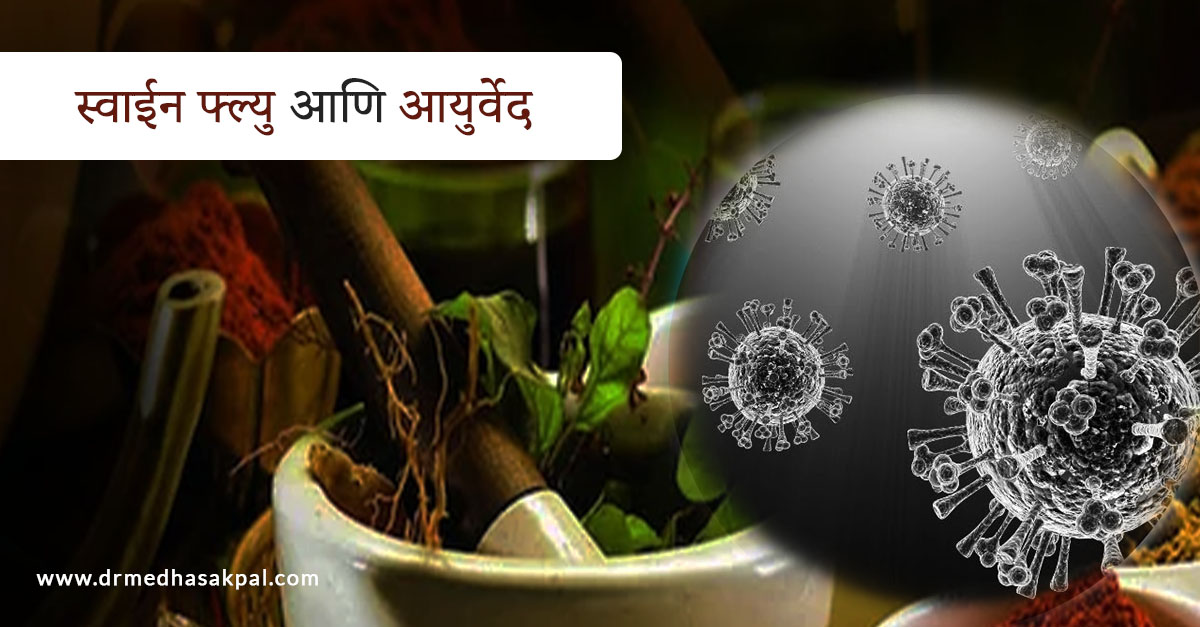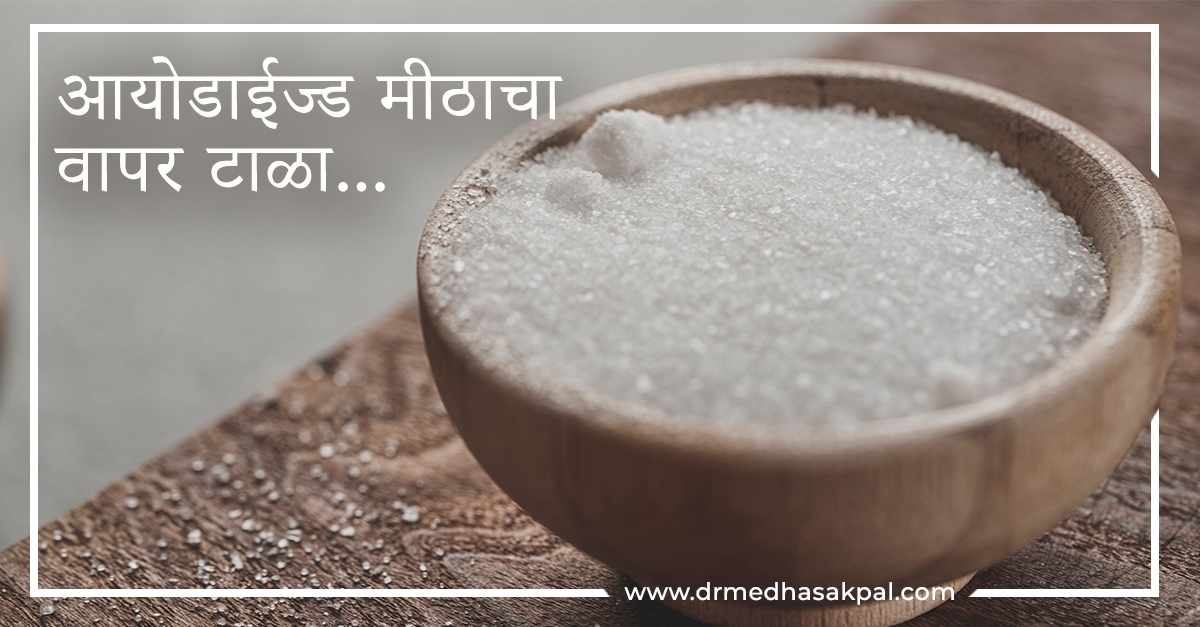Prenatal mental health is indeed a reality and not a myth. Pregnancy is a period of significant physical, emotional, and hormonal changes, and it can have a profound impact on a woman's mental well-being. While it is often a time of joy and anticipation, it can also bring about various emotional and psychological challenges. Prenatal mental health issues can include prenatal depression, prenatal anxiety, perinatal obsessive-compulsive disorder (OCD), perinatal post-traumatic stress disorder (PTSD), perinatal bipolar disorder, etc.
It's important to recognize that hormonal changes, along with various psychosocial factors like relationship issues, financial stress, or lack of support, can contribute to the development or exacerbation of mental health conditions during pregnancy. Addressing prenatal mental health is crucial because it not only impacts the well-being of the expectant mother but also has implications for the developing fetus and the overall family dynamics. Maternal stress and mental health issues have been linked to adverse outcomes such as preterm birth, low birth weight, developmental problems, and difficulties in mother-child bonding. It's crucial to spread awareness and reduce the stigma surrounding prenatal mental health, ensuring that expectant mothers receive the support and care they need to have a healthy and positive pregnancy experience.
How can we detect Prenatal depression & Anxiety?
Detecting prenatal depression and anxiety typically involves a combination of self-assessment, medical evaluation, and professional screening. Here are some common methods used to identify prenatal depression and anxiety:
-
Self-Assessment :
Pregnant individuals can monitor their emotional well-being and take note of any changes in mood, sleep patterns, appetite, or overall mental state. Various self-assessment tools, such as questionnaires and scales, can help gauge symptoms related to depression and anxiety. -
Open Communication :
Maintaining open and honest communication with healthcare providers is essential. Pregnant individuals should discuss their emotional well-being during prenatal check-ups and share any concerns or changes they have noticed. -
Medical Evaluation :
Healthcare providers may conduct a physical examination and review the individual's medical history to rule out any physical causes of symptoms. Certain medical conditions or complications during pregnancy can contribute to emotional distress, so it's crucial to address these factors. -
Professional Screening :
Mental health professionals, such as psychologists, psychiatrists, or licensed counselors, can administer formal screening tools to assess for prenatal depression and anxiety. These screenings usually involve a series of questions designed to identify symptoms and evaluate the severity of the condition. -
Body image issues :
Mental health professionals refer to established diagnostic criteria, such as the Diagnostic and Statistical Manual of Mental Disorders (DSM-5), to determine if an individual meets the criteria for prenatal depression or anxiety. These criteria include specific symptoms, duration, and impact on daily functioning.
If you suspect prenatal depression or anxiety in yourself or someone you know, it's essential to seek professional help. Mental health professionals can provide a comprehensive evaluation, make a diagnosis, and recommend appropriate treatment options. Remember, early detection and intervention can lead to better outcomes for both the parent and the baby.
It's important to remember that prenatal depression and anxiety are medical conditions and not a reflection of a person's character or abilities as a parent. If you or someone you know is experiencing symptoms of depression or anxiety during pregnancy, it's crucial to seek help from a healthcare professional. Tapasya Ayurveda has experts who provide appropriate support, guidance, and treatment options to ensure the well-being of both the mother and the baby.
Hormones common in pregnancy and the menstrual cycle and their functions in both
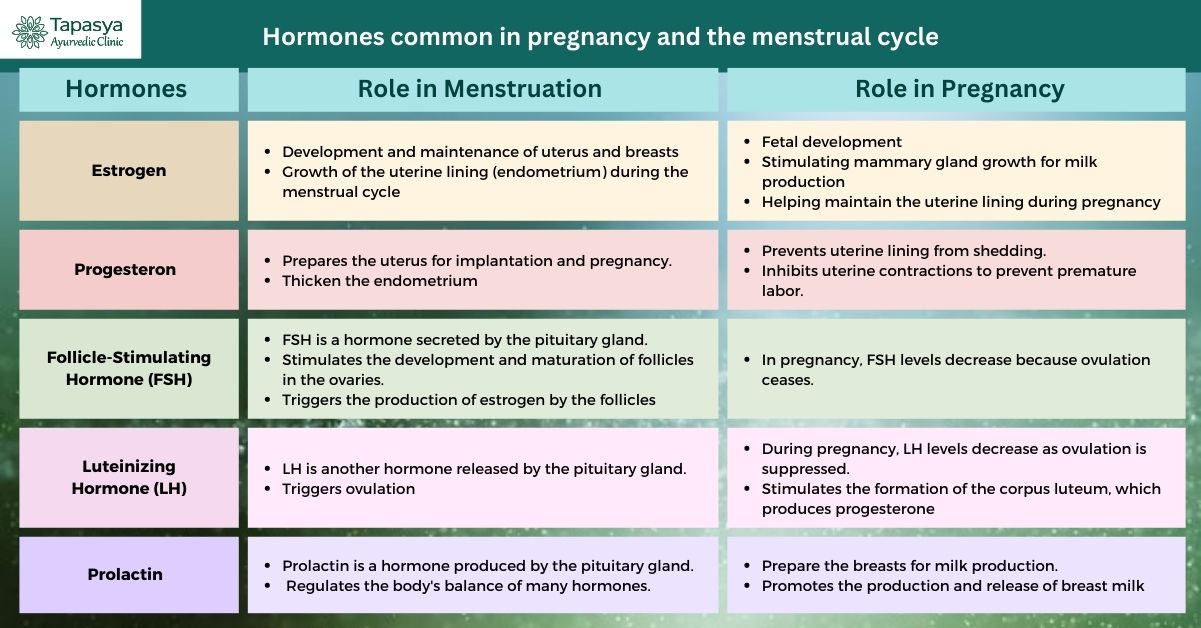
During pregnancy and the menstrual cycle, several hormones play crucial roles in regulating and coordinating the physiological changes that occur in a woman's body. Here are some of the hormones commonly involved in both pregnancy and the menstrual cycle, along with their functions:
-
Self-Estrogen :
Estrogen is primarily responsible for the development and maintenance of female reproductive structures, such as the uterus and breasts. It also promotes the growth of the uterine lining (endometrium) during the menstrual cycle, preparing it for the potential implantation of a fertilized egg. During pregnancy, estrogen levels continue to rise, supporting fetal development, stimulating mammary gland growth for milk production, and helping maintain the uterine lining. -
Progesterone :
Progesterone is a hormone that prepares the uterus for implantation and pregnancy. It is produced by the corpus luteum, which forms after ovulation during the menstrual cycle. Progesterone helps thicken the endometrium, making it more receptive to a fertilized egg. If pregnancy occurs, progesterone helps maintain the uterine lining and prevents it from shedding. It also plays a role in inhibiting uterine contractions to prevent premature labor. -
Human Chorionic Gonadotropin (HCG) :
HCG is a hormone produced by the placenta during pregnancy. Its primary function is to sustain the corpus luteum, ensuring the continued production of progesterone. HCG is the hormone detected in pregnancy tests and serves as an early marker for pregnancy. It also stimulates the production of estrogen and progesterone to support fetal growth and development. -
Follicle-Stimulating Hormone (FSH) :
FSH is a hormone secreted by the pituitary gland. During the menstrual cycle, it stimulates the development and maturation of follicles in the ovaries, which contain the eggs. FSH also triggers the production of estrogen by the follicles. In pregnancy, FSH levels decrease because ovulation ceases. -
Luteinizing Hormone (LH) :
LH is another hormone released by the pituitary gland. In the menstrual cycle, it triggers ovulation, the release of a mature egg from the ovary. After ovulation, LH stimulates the formation of the corpus luteum, which produces progesterone. During pregnancy, LH levels decrease as ovulation is suppressed. -
Prolactin :
Prolactin is a hormone produced by the pituitary gland. During pregnancy, its levels rise significantly to prepare the breasts for milk production. After childbirth, prolactin promotes the production and release of breast milk, supporting breastfeeding.
These hormones work together in a complex interplay to regulate the menstrual cycle and support pregnancy. Their coordinated actions ensure the growth and development of the uterus, establishment, and maintenance of the uterine lining, ovulation, and preparation of the breasts for breastfeeding.





